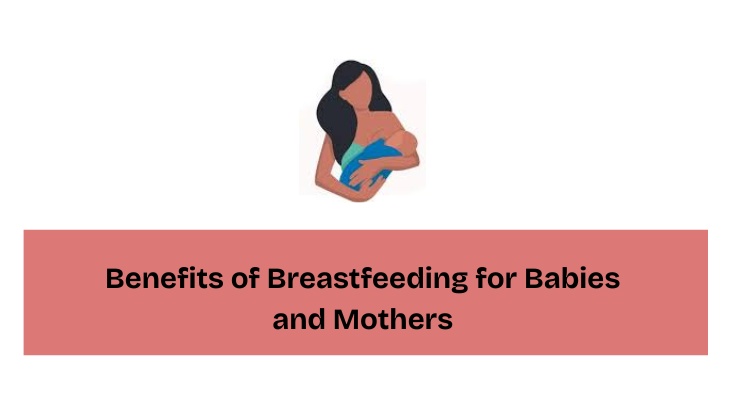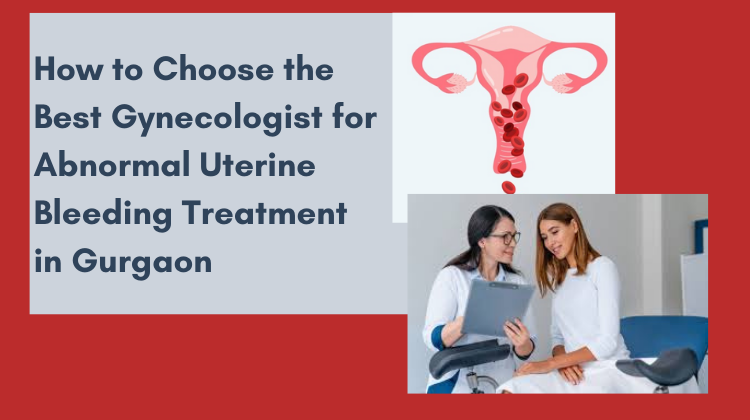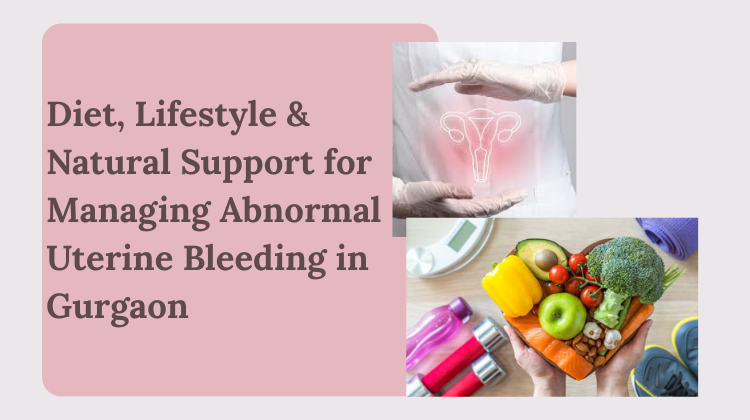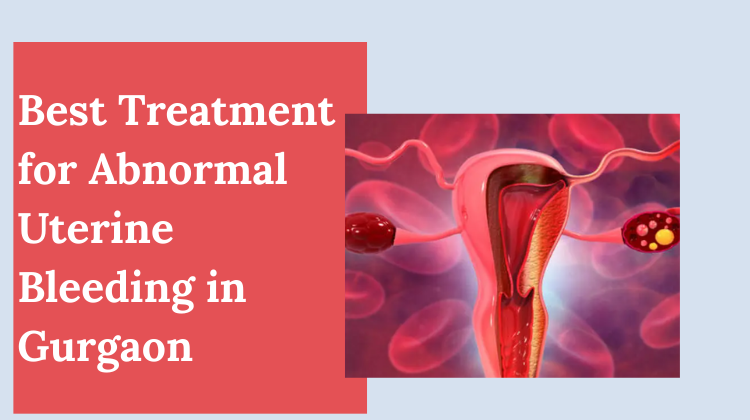Benefits of Breastfeeding for Babies and Mothers

The Benefits of Breastfeeding are immense, as breastfeeding is nature’s perfect way to nourish a newborn. It provides complete nutrition, strengthens the immune system, and helps build a deep emotional bond between mother and baby. Beyond its nutritional value, the benefits of breastfeeding extend to lifelong health advantages for both mother and child, making it one of the most important decisions a mother can make for her baby’s overall well-being.
Why Breastfeeding Matters
From the very first feed, breast milk delivers vital nutrients, antibodies, and enzymes that help babies grow strong and healthy. It’s safe, easily digestible, and perfectly tailored to meet a baby’s changing needs as they grow. Moreover, breastfeeding helps mothers recover faster and offers emotional and health benefits that extend well beyond infancy.
From the very first feed, breast milk delivers vital nutrients, antibodies, and enzymes that help babies grow strong and healthy, highlighting the benefits of Breastfeeding from day one. It is safe, easily digestible, and perfectly tailored to meet a baby’s changing needs as they grow. Moreover, the benefits of breastfeeding also support faster maternal recovery and provide emotional and long-term health advantages that extend well beyond infancy.
Benefits of Breastfeeding for Babies
1. Complete Nutrition
Breast milk is a perfect balance of proteins, fats, carbohydrates, vitamins, and minerals. It adjusts in composition to suit a baby’s age and nutritional requirements, ensuring optimal growth and brain development.
2. Stronger Immunity
Breast milk contains antibodies and immune cells that protect babies from infections such as colds, flu, ear infections, and diarrhea. Babies who are breastfed tend to have fewer illnesses and recover faster when sick.
3. Healthy Weight and Growth
Breastfed babies are less likely to become overweight or obese later in life. Breastfeeding helps regulate appetite and promotes healthy metabolism from an early age.
4. Better Digestion
Breast milk is gentle on a baby’s stomach and easy to digest. It reduces the risk of constipation, colic, and other digestive issues often seen with formula-fed infants.
5. Cognitive Development
Nutrients like DHA and ARA in breast milk support brain and vision development. Studies suggest that breastfed babies may have better cognitive and language skills as they grow.
6. Reduced Risk of Diseases
Breastfeeding is associated with a lower risk of chronic diseases such as asthma, allergies, diabetes, and certain infections later in life.
7. Emotional Bonding
Breastfeeding creates a close physical and emotional connection between mother and child. The skin-to-skin contact promotes comfort, warmth, and security, helping the baby feel loved and protected.
Benefits of Breastfeeding for Mothers
1. Faster Postpartum Recovery
Breastfeeding triggers the release of oxytocin, a hormone that helps the uterus contract and return to its pre-pregnancy size faster. It also helps reduce postpartum bleeding.
2. Aids in Weight Management
Lactation burns extra calories, which can help mothers lose pregnancy weight naturally and gradually.
3. Lower Risk of Certain Cancers
Women who breastfeed have a lower risk of developing breast and ovarian cancers. It also contributes to better reproductive health.
4. Heart Health and Hormonal Balance
Breastfeeding supports healthy cholesterol levels and helps regulate hormones, which may reduce the risk of heart disease and high blood pressure.
5. Strengthened Emotional Well-being
Breastfeeding promotes the release of hormones like prolactin and oxytocin that reduce stress and promote feelings of calmness and bonding.
6. Convenience and Cost-effectiveness
Breast milk is always available, at the right temperature, and free. It eliminates the need for formula preparation, sterilizing bottles, or spending on feeding supplies.
7. Natural Birth Spacing
Exclusive breastfeeding can delay the return of menstruation and ovulation in the first few months after childbirth, serving as a natural (though temporary) method of birth spacing.
Practical Tips for Successful Breastfeeding
- Start early: Begin breastfeeding within the first hour of birth.
- Exclusive feeding: Breastfeed exclusively for the first six months without giving water, formula, or solid food.
- Feed on demand: Let the baby nurse whenever hungry, day or night.
- Ensure proper latch: A good latch prevents nipple pain and helps efficient milk flow.
- Stay hydrated and nourished: Mothers should drink plenty of water and eat balanced meals to maintain milk supply.
- Seek support: Consult lactation experts or healthcare professionals if facing any challenges
Also Read: What Foods Should I Avoid with Diabetes During Pregnancy?
Common Challenges and Myths
Breastfeeding can be challenging in the beginning. Mothers may experience issues like sore nipples, low milk supply, or difficulty latching. With guidance, patience, and support, most challenges can be resolved.
Common myths include:
- “Formula is the same as breast milk.”
- “You can’t breastfeed if you’re sick.”
- “Breastfeeding always causes sagging breasts.”
These are misconceptions. With the right information and encouragement, most mothers can breastfeed successfully and enjoy its full benefits.
Conclusion
Breastfeeding is one of the most natural and beneficial gifts a mother can offer her baby. It nurtures physical health, strengthens emotional bonds, and supports lifelong wellness for both mother and child. Whether for six months or beyond, every drop of breast milk makes a meaningful difference in a baby’s growth and development.
Supporting and encouraging breastfeeding is an investment in a healthier, happier future — for families and communities alike. For expert breastfeeding guidance, postpartum care, and maternal health support, consult Dr. Preeti Rastogi, the best gynecologist in Gurgaon.
This Blog can be helpful if you are looking for
Q1: What are the key benefits of breastfeeding for baby health and immunity?
Breastfeeding provides essential nutrients, antibodies, and immune support that protect babies from infections and illnesses. Breast milk is uniquely tailored to a baby’s developmental needs, helping strengthen the immune system, reduce the risk of respiratory and gastrointestinal infections, and support brain development. These benefits make breastfeeding a vital practice for optimal infant health and long‑term well‑being.
Q2: How does breastfeeding benefit maternal health after delivery?
Breastfeeding benefits maternal health after delivery by promoting uterine contraction, which helps reduce postpartum bleeding and encourages the uterus to return to its pre‑pregnancy size. It also supports faster weight loss by burning extra calories and may lower the risk of breast and ovarian cancer later in life. Mothers who breastfeed often experience enhanced emotional bonding with their babies and improved hormonal balance.
Q3: Why is exclusive breastfeeding recommended for the first six months?
Exclusive breastfeeding for the first six months is recommended because it supplies complete nutrition and protective antibodies, helping babies achieve optimal growth and development. During this critical period, breast milk meets all hydration and nutritional needs while minimizing exposure to allergens and infections. This practice also supports maternal milk supply and fosters strong mother‑baby bonding.
Q4: How does breastfeeding support cognitive and emotional development in infants?
Breastfeeding supports cognitive and emotional development in infants by providing essential fatty acids, immune factors, and close physical contact that promote brain growth and secure attachment. These nutrients contribute to improved learning abilities and emotional regulation. Regular skin‑to‑skin interaction during breastfeeding also strengthens the emotional bond between mother and baby, fostering a sense of security and trust.
Q5: What long‑term health benefits do breastfed children experience?
Breastfed children experience long‑term health benefits such as lower risks of obesity, type 2 diabetes, and chronic illnesses later in life. The immune protection gained during infancy can lead to fewer allergies and asthma symptoms as they grow. These lifelong advantages emphasize the importance of breastfeeding as a foundational step toward enduring physical and metabolic health.



